But the most popular approach is through trading that is based on price volatility. Because the brokers that offer crypto trading nowadays, all have started with Forex trading. Most of the brokers are Forex brokers because their main business was the Forex before the crypto came out. As of March 2023, it was assumed there were more than 550 crypto exchanges in operation throughout the world. However, that number has been estimated to be as high as 1,500.
If you’re new to cryptocurrency, or if you just need to convert fiat currency into crypto, you’ll likely be using a centralized exchange. Verify the database of assets to see if cryptocurrencies and other digital assets you want to trade are included. Evaluate the exchange’s minimum deposit requirements, the trading platform’s functionality, commissions, and fees. Derivatives containing cryptocurrencies may take the form of cryptocurrency futures, crypto options, or trading CFDs.
SoFi Active Investing Crypto
Often, commissions and fees are simplified on exchanges, and cryptocurrency trading is more affordable. With more information about crypto brokerages and crypto exchanges, let’s examine their main differences. As an example, imagine that you open an account with a cryptocurrency broker and deposit 1,000 USD so that you can sell Bitcoins through it.
“There is So Much Wrong”: XRP’s Alderoty Slams SEC Lawsuit Against Coinbase – Coinpedia Fintech News
“There is So Much Wrong”: XRP’s Alderoty Slams SEC Lawsuit Against Coinbase.
Posted: Fri, 06 Oct 2023 11:48:45 GMT [source]
In this guide, we will take a look at the main differences between crypto exchanges and brokers so that you can figure out which is better for your needs. Cryptocurrency exchanges can either be centralized (CEX) or decentralized (DEX). A cryptocurrency exchange works by acting like a stock exchange. It is operated by a registered company that provides liquidity for trades, so they are executed near-instantly. The deeper their liquidity, the more efficient CEXs perform, even in extreme market conditions. The compromise for this convenience is that traders give up their private keys to the exchange.
Crypto exchange vs broker: What is the difference?
For instance, the best crypto exchanges will often show an order book that lists buy and sell orders that are waiting to be paired with other users. Once a buyer or selling has been found that is willing to pay the right price, the exchange will facilitate the trade between the users. The difference with a broker is they always take the other side of the trade.
Trading on an exchange requires choosing a trading instrument, opening trade and simultaneously watching the price chart. One can place orders, either for buy or for sell, and stop limit orders. However, the features are limited compared to those which are offered by a cryptocurrency broker.
Are The Cryptocurrency Broker Vs Exchange World Leading?
Others are showing great interest in following the footsteps of successful traders. Let us focus on some of the key differences we can see while working with a crypto broker or an exchange. As for withdrawals, broker terms are usually still much more attractive than those of a crypto exchange.
Second, a regulated broker’s business is strictly audited, and the client has a right to file a complaint whenever the broker is thought to breach the rules. Finally, unlike exchanges, brokers keep the client money on the bank accounts, which works as an additional guarantee. Unlike currency exchanges, depositing with a broker is a breeze. A broker’s client has a large number of ways to make a deposit, including credit cards, popular e-wallets, etc. You can deposit US dollars, euros, and sometimes other currencies. This simplifies the whole process a lot, while, as a rule, there are no deposit fees whatsoever.
Other Fees
In contrast, DEXs make users themselves into liquidity providers (LPs). By using smart contracts, DEXs create liquidity pools consisting of token pairs, such as ETH/USDC. Users can then add liquidity into the pools or tap into them to exchange tokens. LPs are incentivized to provide liquidity because they receive fees whenever a trader uses their liquidity pool to trade tokens. DISCLAIMERThis article does not constitute investment advice, nor is it an offer or invitation to purchase any crypto assets. Cryptocurrency Broker Vs Exchange customer service entails various support services to aid customers in making the most cost-effective and appropriate use of the brokers’ services.
All of this can be accommodated for in a cryptocurrency turnkey brokerage business. The principles of crypto brokers are different from those of crypto exchanges. Brokers let clients trade cryptos as CFDs, meaning there are not many crypto assets available. What gives crypto brokers credit and reliability is that they are under government control, meaning nobody can bypass their regulations.
How to Choose a Cryptocurrency Exchange
The availability of coins alone isn’t sufficient if there are no trades happening. You’ll ideally want to verify that there’s sufficient trading volume in your target coins to ensure liquidity, so you can easily trade your coins and dollars. On a basic level, makers are orders that add liquidity to an exchange, meaning they do not fulfill standing orders.
